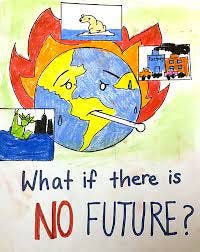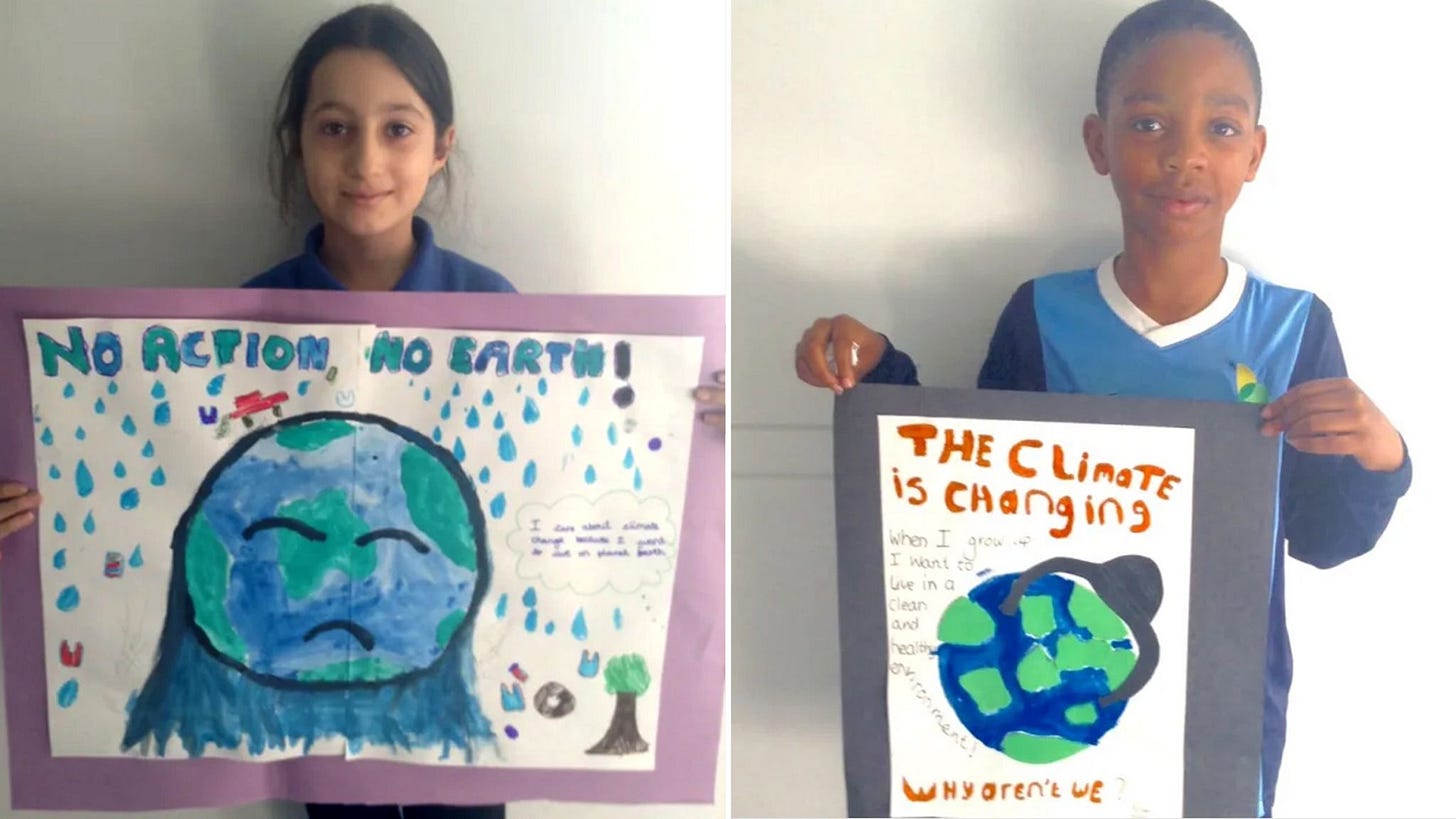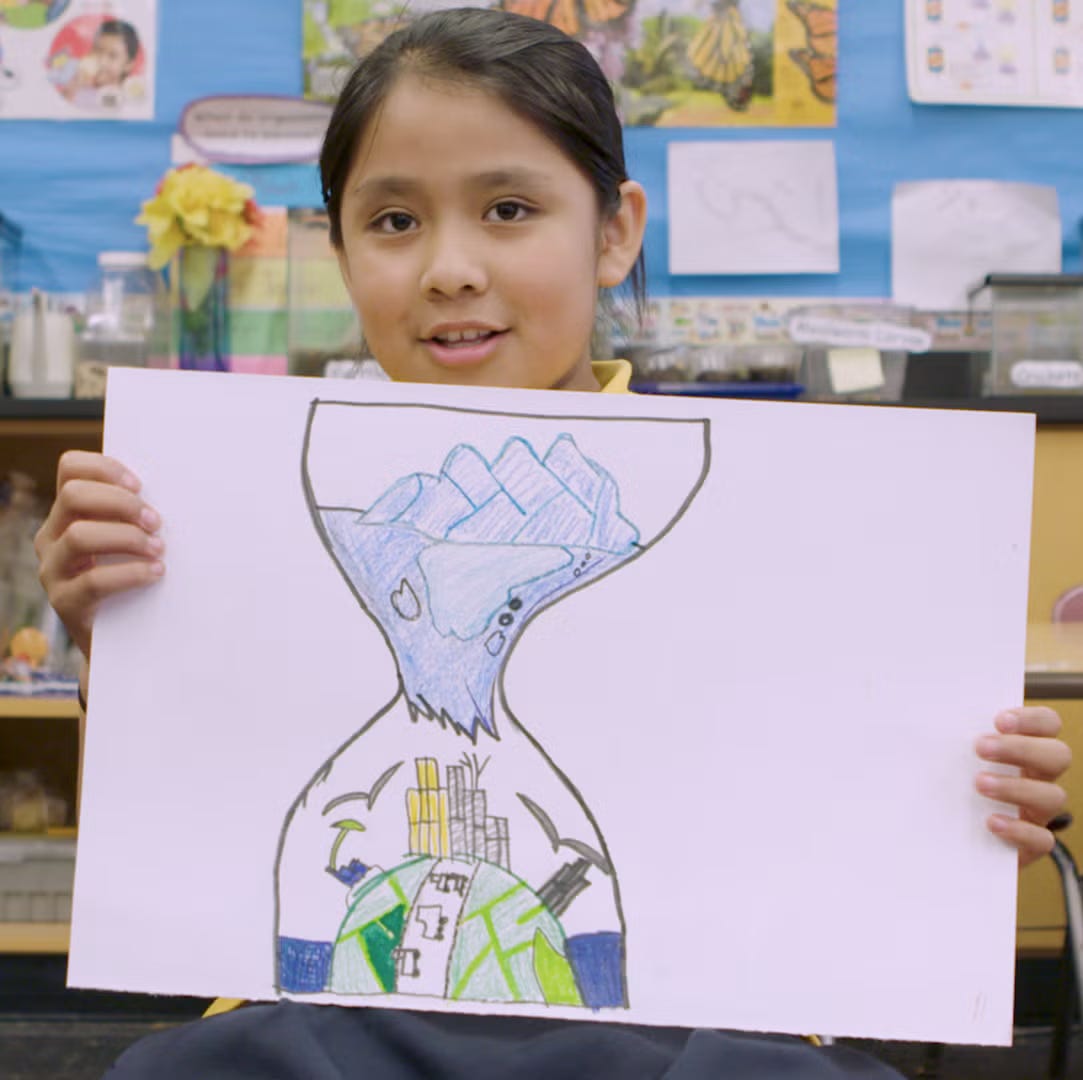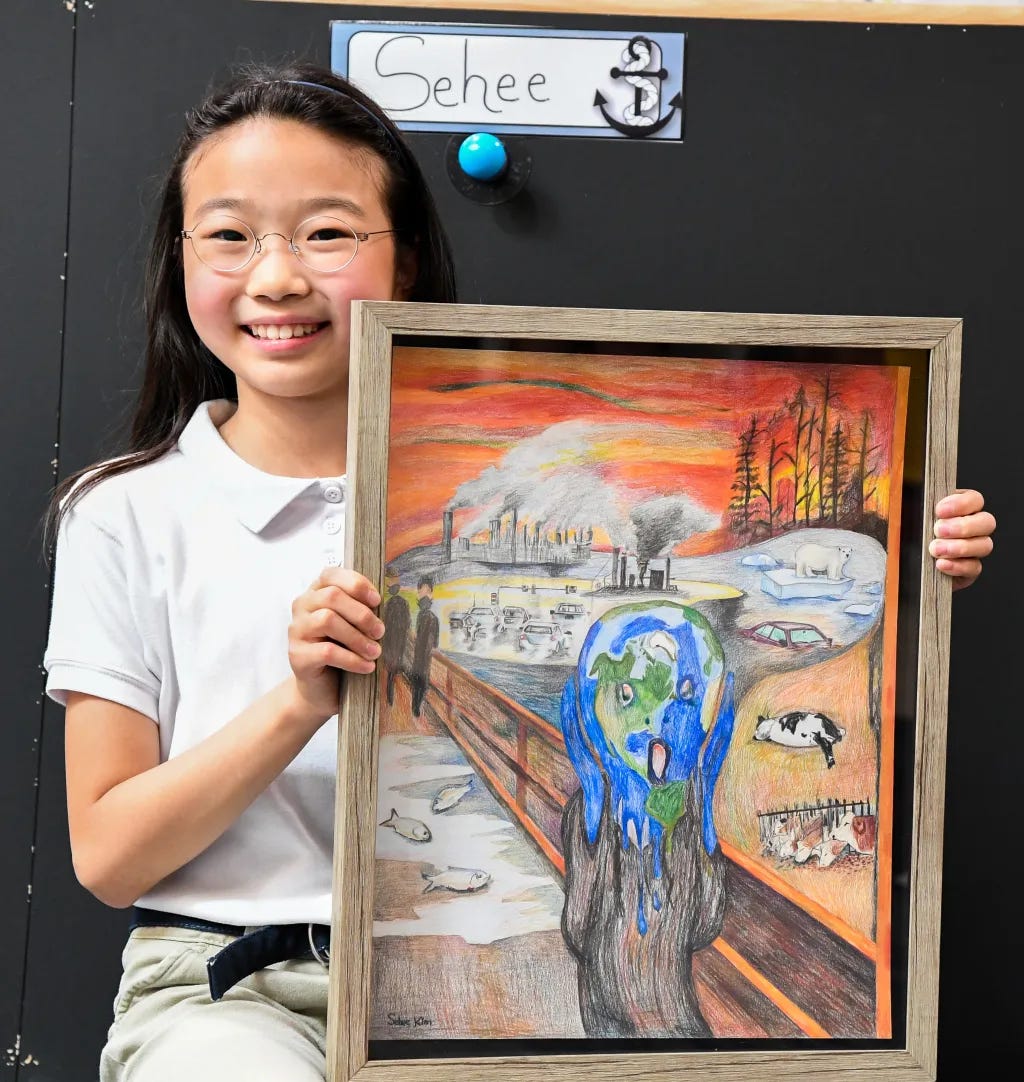I first read Cormack McCarthy's Blood Meridian in the summer after I graduated from college. I had abandoned my dream of being a secondary education teacher and hit the job market with nothing but that world-renowned-for-employability English degree. Which is all to say I kind of had a lot going on.
At that time, I didn't have a sense that my degree prepared me for much of anything. I couldn't see the transferable soft skills, the ability to pick up hard skills quicker than most, until I realized later in life that's exactly what I was afforded in my 4-year education.
When I approached Blood Meridian, I think I was tired of reading. I had gone through a complete revolution in my ability to read complicated texts and college awarded me lots of opportunities to do this, but post-college did not. As a result, the book challenged me; I came close to not finishing and quite a bit of it was lost on me. Picking it back up was even a struggle until I began engaging with the first chapter and the haunting, beautiful prose, and when I re-encountered, probably the most blood-chilling literary villain, Judge Holden. Then I couldn't put it down.
I've read The Road and Pretty Horses by McCarthy, his task is to bring his readers to the cusp of civilization and explore what cruelties lie behind the line. The Road is just beyond an apocalypse event, while Pretty Horses and Blood Meridian are set in the frontier west. While thematically similar, Blood Meridian stands apart as entirely more hopeless than the other two novels.
In The Road, despite the sickening and depraved things the protagonist witnesses with his small son, McCarthy seems to recognize a transcendent goodness in people that can survive civilizational collapse. So too in All the Pretty Horses, the bond the two protagonists have as friends and with their animals stands as a pillar against the violence and savagery they experience. These are not happy novels, but there is some shimmer of goodness in them.
There is no such shine on Blood Meridian. Here, McCarthy shaves his protagonist right out of the landscape; known only as the kid, he runs from home as a young teenager and embodies the frontier. McCarthy drags the Kid, and by proxy the reader, through the landscape. His writing is so beautiful it feels like you are somehow reading a breathtaking painting. Yet the depths you will witness are also vast.
On the other side of civilization, in the frontier lands newly wrenched from Mexico, there is murder, rape, pedophilia, scalping, massacre, genocide, infanticide, and any number of horrors that you cannot and frankly should not imagine. The kid falls in with a psychotic imperialist army, a serial killer, and a group of Apache hunters (scalpers), and the reader is forced to witness it all, punctuated only with "they rode on". Simple transitions stitching together horrible acts, with occasional flourishing of beautiful landscape prose.
But civilization is coming to these parts and is personified by Judge Holden, known as the Judge. Physically gigantic, off-puttingly hairless, philosophical, and cruel. His duty in the novel seems to be to judge all that is worthy of the new world and purge the rest;
"Whatever exists, he said. Whatever in creation exists without my knowledge exists without my consent.
He looked about at the dark forest in which they were bivouacked. He nodded toward the specimens he'd collected. These anonymous creatures, he said, may seem little or nothing in the world. Yet the smallest crumb can devour us. Any smallest thing beneath yon rock out of men's knowing. Only nature can enslave man and only when the existence of each last entity is routed out and made to stand naked before him will he be properly suzerain of the earth."
From his introduction, it's impossible not to be fascinated and genuinely terrified of this character. I'm not exaggerating when I say this is fiction that has the capacity to disturb in ways that are typically reserved for real-life events. This sounds hyperbolic. I'm telling you it's not.
If there is hope in McCarthy’s other novels, the Judge stomped it out of Blood Meridian. There is no hope on the horizon, only blood (heh). Holden’s neurotic documentation of every detail, the way he takes pity upon children or animals before brutalizing them, his overwhelming worldliness; the Judge is both out of place and perfect in the setting.
My favorite part about him is as a member of the scalper gang or just around town or even talking to the kid is when he drops some deep, euro-philosophical psycho-babble that only a deeply annoying author type could produce and the slobbering frontiersmen (including the kid) that he is speaking to will respond something like “what the fuck is you talking about”. These little things amount to an experience that is not enjoyable, but is highly engaging and designed to challenge readers. Which is why it's good.
Reading is very much Back for me as a hobby and thing I enjoy doing. Blood Meridian had failed to shock me at a time when I was experiencing the burnout that I think persists in most young professionals first entering the workforce. If nothing else, it stands as a reminder that you should always revisit what challenges you in a particular moment. I’m sure I’ll give it a read a few more times.









